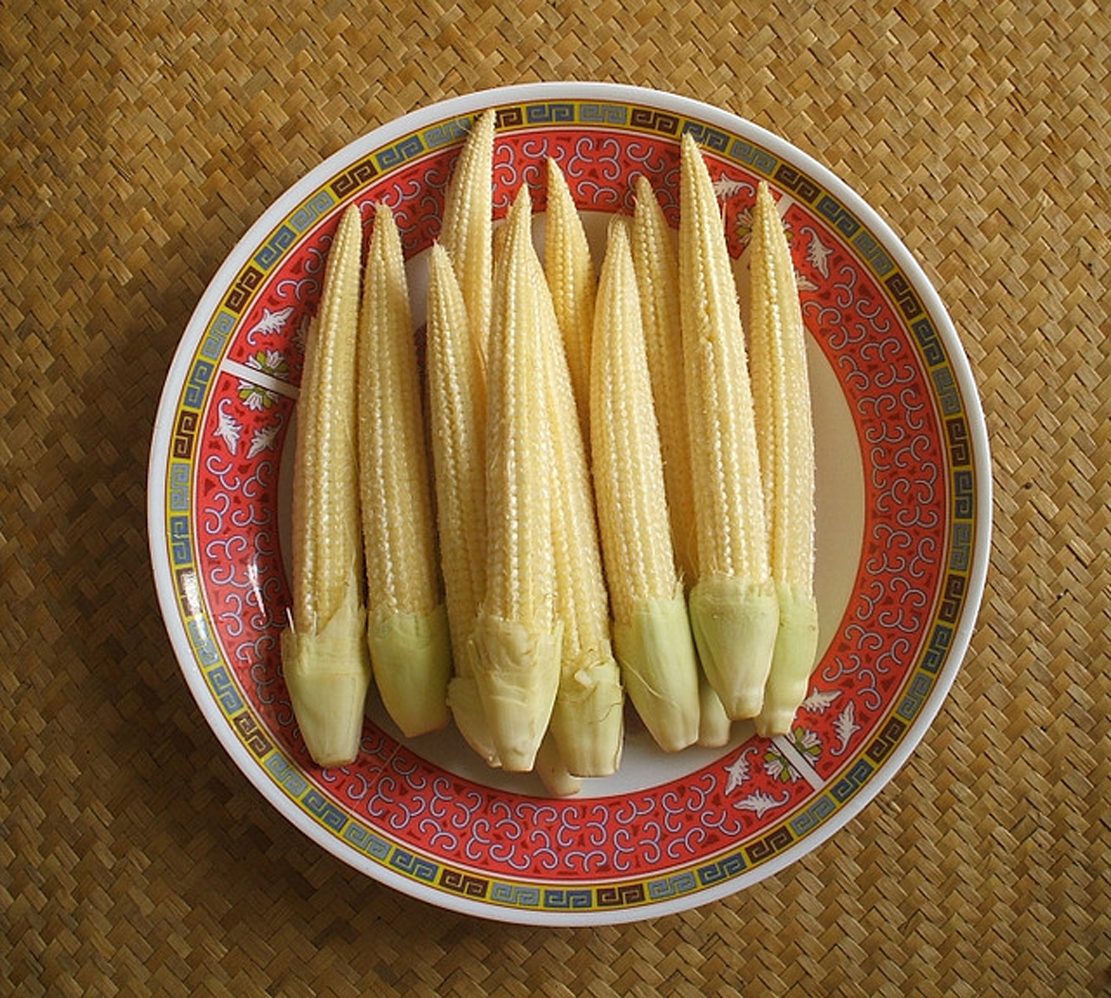Baby Vegetables
Baby (petite, miniature, mini) vegetables are smaller versions of full-sized produce. Many baby vegetables are simply standard cultivars that are harvested at an immature stage (e.g. baby corn), while others are cultivars that have been genetically developed to produce miniature vegetables (e.g. cherry tomatoes). Smaller vegetables produced from secondary buds after the initial full-sized crop has been harvested can also be sold as baby vegetables (e.g. broccoli).
Marketing
 Potential market channels for Kentucky-grown baby vegetables include restaurants, food retailers and direct markets. High-end or white tablecloth restaurants, as well as restaurants featuring locally produced food, may be more likely to consider sourcing baby vegetables from Kentucky farms. Specialty food stores, including specialty grocers, are another likely market channel. Caterers and food service establishments may also be interested in mini vegetables. Direct retail markets where consumers show interest in baby vegetables include farmers markets, roadside stands, roadside markets, and community supported agriculture (CSA).
Potential market channels for Kentucky-grown baby vegetables include restaurants, food retailers and direct markets. High-end or white tablecloth restaurants, as well as restaurants featuring locally produced food, may be more likely to consider sourcing baby vegetables from Kentucky farms. Specialty food stores, including specialty grocers, are another likely market channel. Caterers and food service establishments may also be interested in mini vegetables. Direct retail markets where consumers show interest in baby vegetables include farmers markets, roadside stands, roadside markets, and community supported agriculture (CSA).
Production

A large number of vegetables of all types can be raised and marketed as baby vegetables. Spring mixes are a blend of several types of baby greens with different color, shapes, textures, and flavors. These might include lettuces, endive, radicchio, arugula, spinach, Brassicas, and herbs. Other popular baby vegetables include beans, beets, carrots, corn, leeks, onions, peas, potatoes, summer squash, and tomatoes (e.g. small grape varieties). Growers can select varieties of standard vegetables or, when available, choose specialty cultivars that yield miniature produce. Begin with small plantings of unfamiliar crops/varieties, both to assess whether the cultivar will grow well in your situation and to determine marketability.

